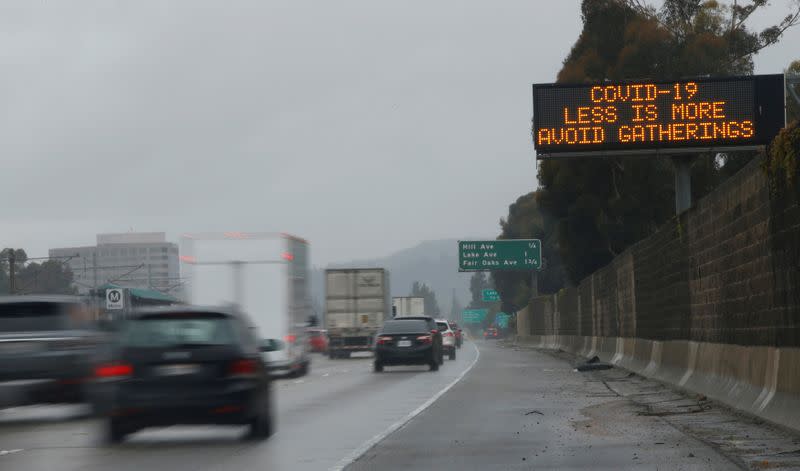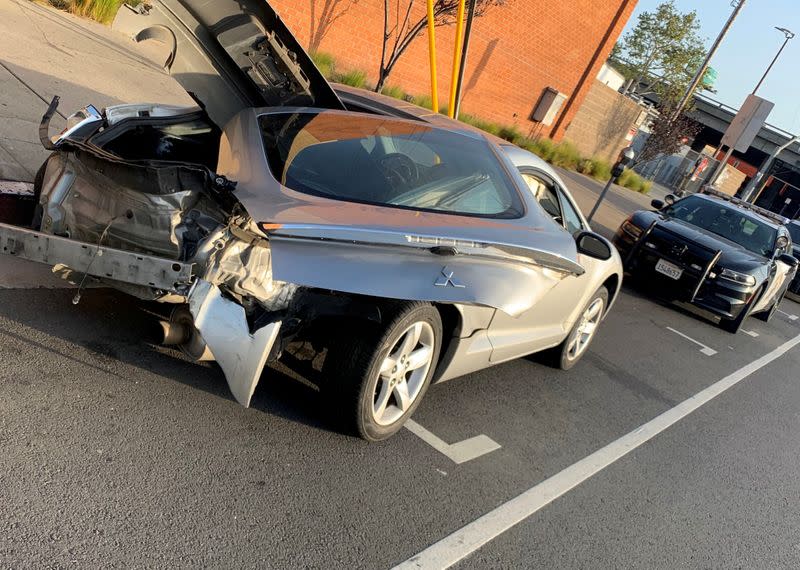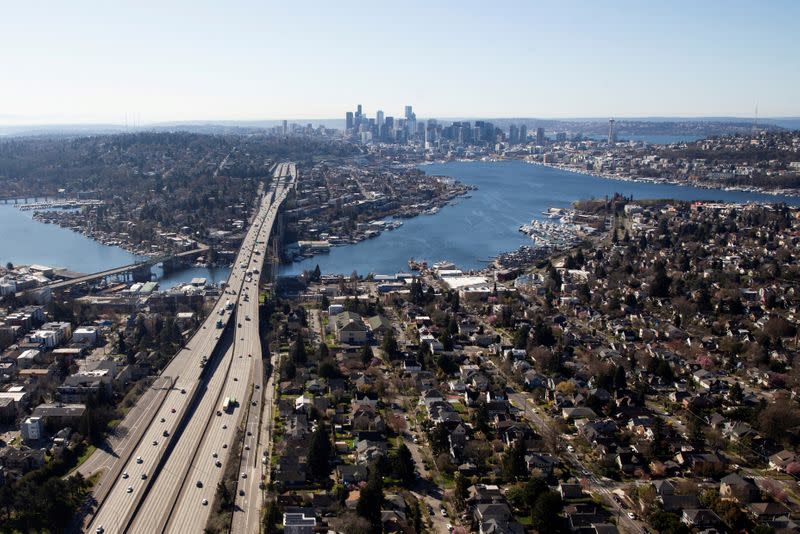U.S. traffic deaths fell after coronavirus lockdown, but drivers got riskier
By David Shepardson
WASHINGTON (Reuters) - U.S. traffic deaths fell during the coronavirus lockdowns but drivers engaged in riskier behavior as the fatality rate spiked to its highest level in 15 years, according to preliminary data released Thursday.
The National Highway Traffic Safety Administration (NHTSA) reported the fatality rate jumped to 1.42 deaths per 100 million vehicle miles traveled in the three months ending June 30, or about 30%, the highest since 2005.
At the same time, overall traffic deaths fell by 3.3% to 8,870 while U.S. driving fell by about 26%, or 302 fewer deaths over the same period in 2019, according to the report first reported by Reuters.
NHTSA's study showed "drivers who remained on the roads engaged in more risky behavior, including speeding, failing to wear seat belts, and driving under the influence of drugs or alcohol."
"We’ve never seen trends like this, and we feel an urgency... to take action and turn this around as quickly as possible," Deputy NHTSA Administrator James Owens said Thursday.
The Governors Highway Safety Association said "far too many drivers saw open roads as an invitation to engage in risky behaviors like speeding, driving under the influence and driving unrestrained."
By contrast, the fatality rate for 2019 was just 1.10 deaths per 100 million miles, the lowest rate since 2014 as traffic deaths fell by 2% to 36,096, the agency said Thursday.
Traffic data showed average speeds increased and extreme speeding became more common. Data from some states suggested that fewer people were wearing seat belts during the lockdown.
"In short, the stay-at-home orders may have led the population of drivers during the height of the health crisis to have been smaller but more willing to take risks," NHTSA found.
NHTSA also noted that in the wake of the outbreak enforcement of some traffic laws was reduced. "It is possible that drivers’ perception that they may be caught breaking a law was reduced," the report found.
NHTSA also said that since coronavirus risks are higher for older Americans, that could have minimized driving by more risk-averse drivers.
(Reporting by David Shepardson; Editing by Nick Zieminski and Alistair Bell)

 Yahoo News
Yahoo News 


